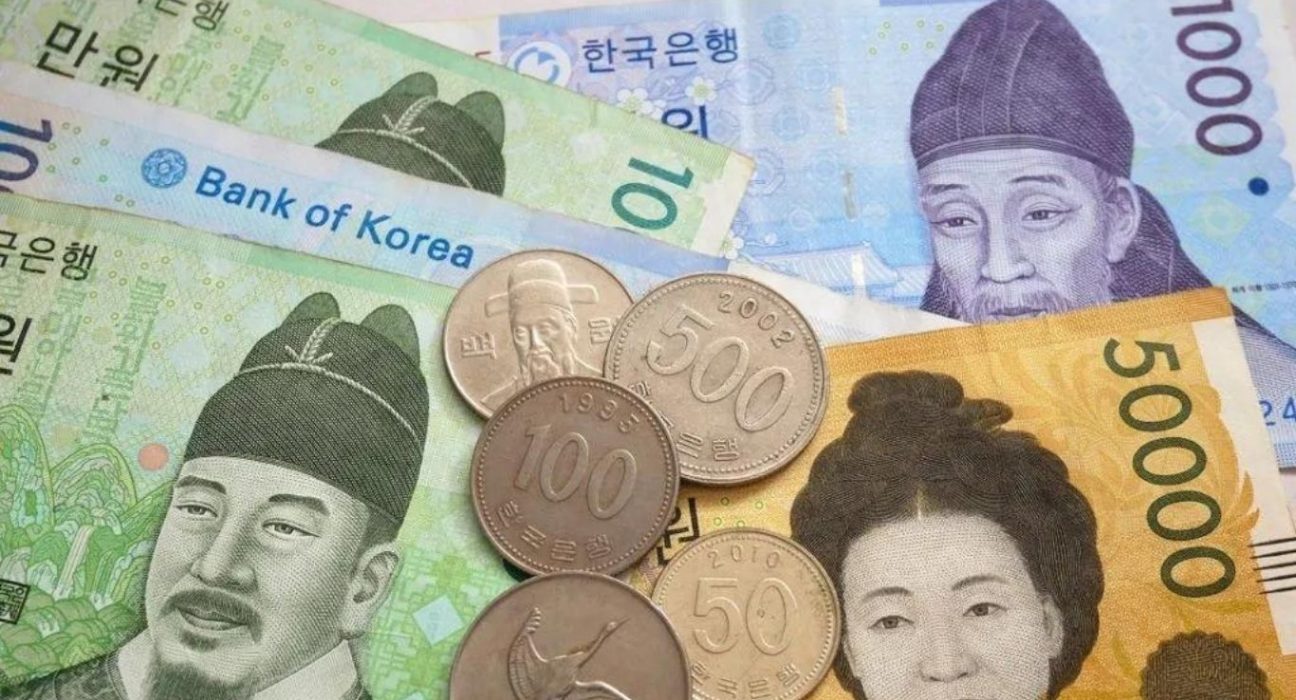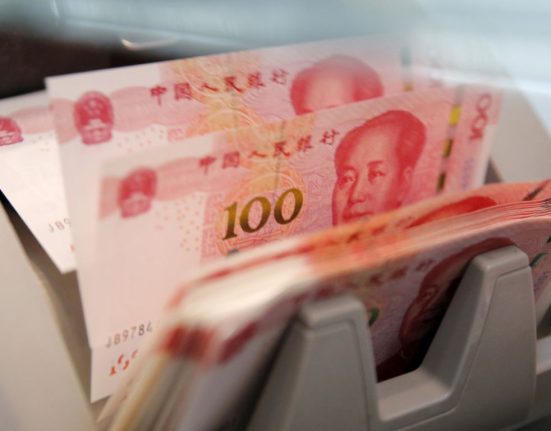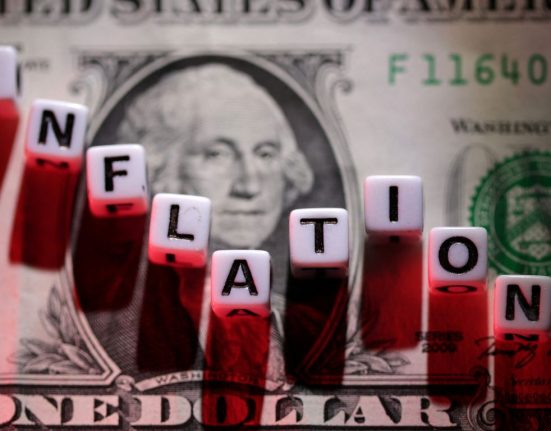The South Korean won has experienced a 0.2% decline in recent weeks due to interest rate changes. This shift has raised concerns about the impact on the country’s economy and its citizens. In this article, we will delve deeper into the causes and effects of this decline.
Interest Rates and Their Impact on Currencies
Interest rates are an important factor in determining a country’s currency value. Higher interest rates attract foreign investors, as they can earn a higher return on their investment. This can increase the demand for the currency, which in turn can increase its value.
Conversely, lower interest rates can lead to a decrease in demand for a currency, which can cause its value to decrease. This is because foreign investors are less likely to invest in a country with lower returns on their investment.
South Korea’s Recent Interest Rate Changes
South Korea’s central bank recently announced a decision to hold interest rates at 0.5%. This decision came after two consecutive rate hikes earlier in the year, which raised rates from a historic low of 0.5%.
The recent decision to hold rates steady was made in response to concerns about the country’s economic recovery from the pandemic. The bank hopes to support the recovery by maintaining a low interest rate environment that can encourage borrowing and spending.
The Impact on South Korea’s Economy
The South Korean won’s recent decline may have a significant impact on the country’s economy. One of the major concerns is inflation. If the value of the won continues to decrease, imported goods will become more expensive, which could lead to higher inflation.
The decline in the won’s value could also affect the country’s exports. A weaker won can make South Korean products more affordable to foreign buyers, which can increase demand. However, this benefit can be offset by higher production costs due to imported materials becoming more expensive.
Finally, a weaker won can also impact South Korean citizens. If imported goods become more expensive, it can lead to higher prices for everyday items, which can hurt consumers’ purchasing power. This could lead to decreased spending, which could slow down the country’s economic recovery.
Conclusion
The South Korean won’s recent decline is a complex issue with potential impacts on the country’s economy and citizens. While interest rate changes are an important factor in currency valuation, other factors such as inflation and trade can also contribute to a currency’s value. As South Korea continues to navigate the pandemic and work towards economic recovery, it will be important to monitor the impact of these factors on the country’s currency and overall economic health.










